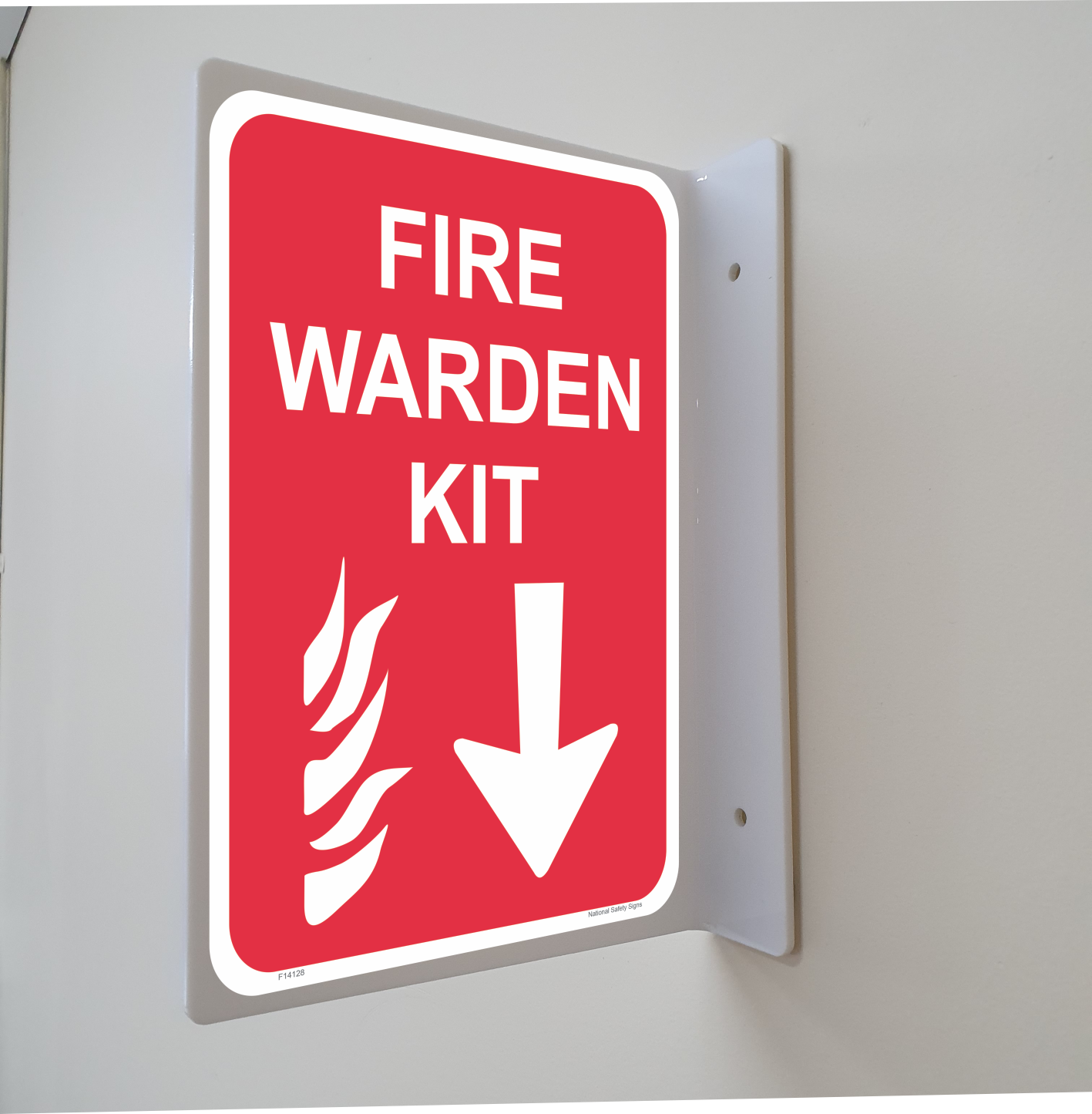Fire Safety in the Workplace: Renewals to Stay Compliant
Fire Safety in the Workplace: Renewals to Stay Compliant
Blog Article
Fire safety is a critical concern for any business operating in the United States.
Whether you manage a small office or a large corporate space, understanding fire safety protocols is essential to keeping everyone protected.
By the end, you’ll have a practical roadmap for ensuring your office meets the highest fire safety standards and safeguards your most valuable assets: your people.
Why Fire Safety Matters in US Offices
Electrical malfunctions, kitchen mishaps, overloaded circuits, or improper storage can all ignite dangerous workplace fires.
Investing in proper fire safety measures is not just about meeting legal codes; it’s about creating a culture of care and preparedness.
Failure to comply can result in severe fines, legal liability, or even closure.
What Is Fire Warden Training in the US?
In the US, fire warden (sometimes called fire brigade) training equips designated employees with the knowledge and skills to lead evacuations, assist during emergencies, and communicate effectively with first responders.
Training requirements vary depending on local regulations, building size, and occupancy type.
Choosing a certified training provider is critical.
How to Prepare for Fire Safety Certification and Renewals
In the US, many businesses must obtain fire safety certifications from local fire departments or regulatory bodies.
Review your emergency action plan, ensuring it’s accessible and clearly communicated to all staff members.
Certification isn’t a one-time event—renewals are typically required every few years or after major renovations or occupancy changes.

Ongoing Strategies for Workplace Fire Prevention
This includes routine equipment checks, clear communication, and fostering a culture where all employees understand their role in fire prevention.
Ensure that emergency exits remain unlocked, clearly marked, and free of obstructions at all times.
When fire safety becomes part of the daily routine, employees are more confident, better prepared, and less likely to panic during a real event.
Why Compliance Matters for Liability and Coverage
Non-compliance can lead to fines, lawsuits, business license suspension, or even criminal liability if negligence results in harm.
Insurance coverage is also tied to compliance.
Investing in compliance is not just about avoiding penalties—it’s about protecting your assets, your team, and your future.

Conclusion: Building a Fire-Safe Workplace
US companies that take fire safety seriously strengthen their resilience, enhance employee confidence, and minimize operational risks.
They not only meet legal obligations but also build trust with employees, clients, and insurers.
With the right approach, your company can navigate challenges confidently and ensure a safer, more secure future for everyone.
Common Questions on Workplace Fire Prevention
Do all staff need fire safety training?
Typically, designated employees such as team leads, managers, or safety officers receive fire warden training.
When do I need to update fire safety inspections?
Regular internal reviews help ensure continuous compliance and smooth renewal processes.
What should companies watch out for to prevent fires?
Common causes include electrical malfunctions, overloaded power strips, kitchen accidents, improperly stored flammable materials, and heating equipment issues.
How does fire safety affect insurance coverage?
Insurance companies often require proof of fire safety compliance, including certifications, equipment maintenance, and training records.
What should be included in an office fire safety plan?
It should be clearly communicated, posted in visible areas, and reviewed regularly with staff.
veja mais Report this page